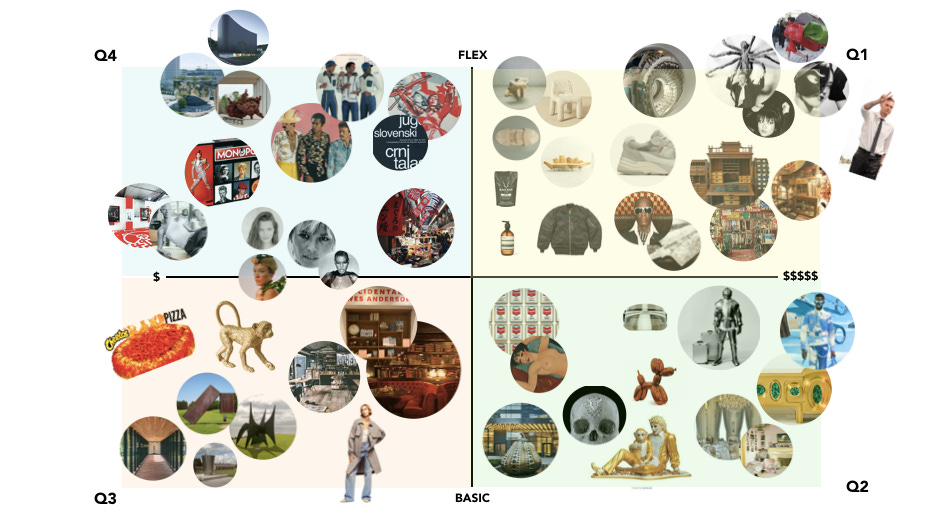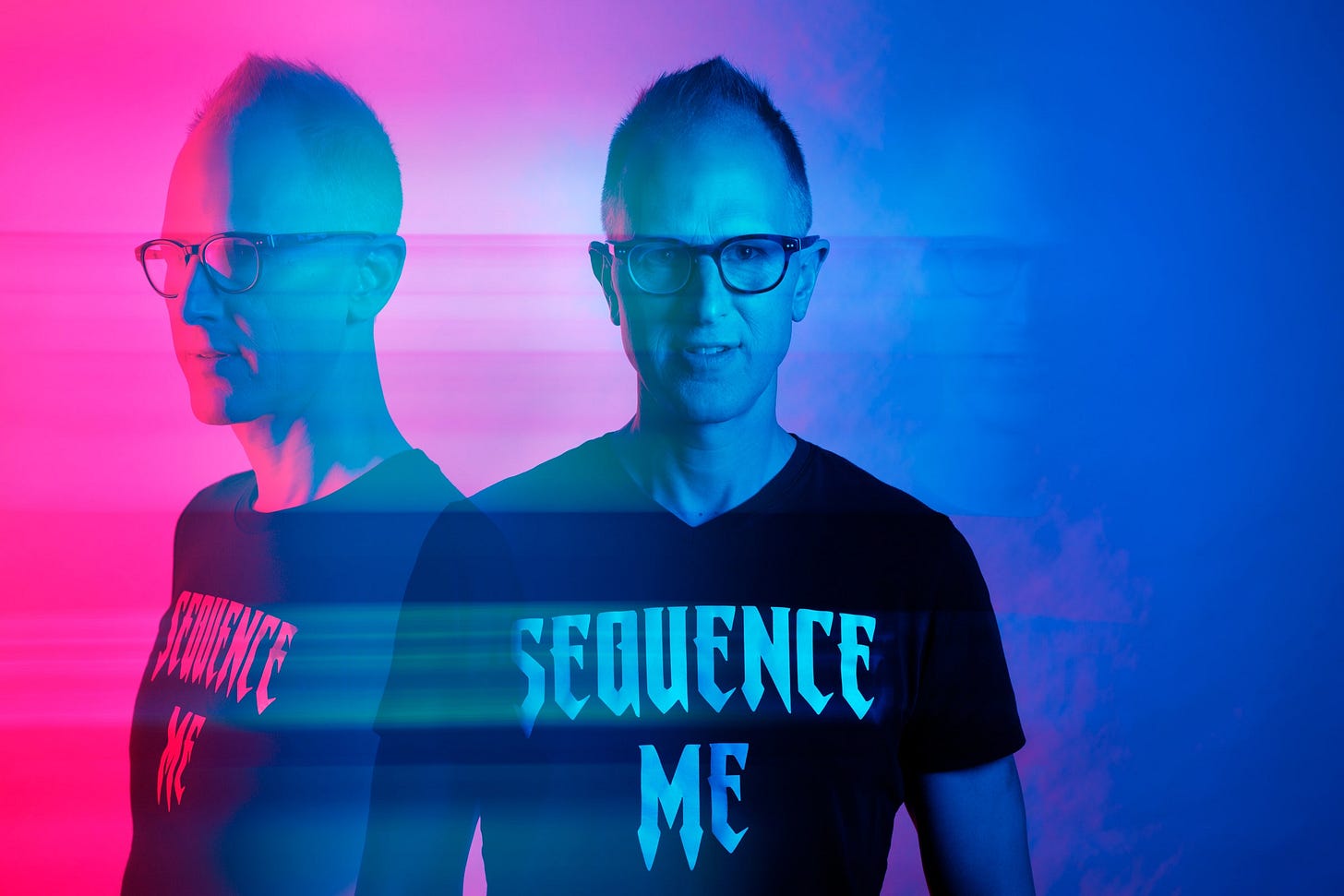On Perspective
Writing this newsletter was in equal parts the most rewarding and hardest project I took on last year.
Over the first half of 2020, I explored the existing ideas playing on my mind. The replies started conversations that immediately made the Saturday morning writing sessions worthwhile.
Then in June I did a ton of research and wrote my Spotify investment thesis. The extra work was worth it — I started conversations and relationships with entrepreneurs, analysts, and private investors I highly respect and discovered a new way to combine my goals of writing online & investing in public equities. I followed up in October with an even more detailed analysis of Square’s long term competitive advantage.
Then it all fell apart — I struggled under the combined pressure of work increasingly expanding into my weekends and the belief that the proliferation of newsletters meant each piece of writing needed to be “perfect” to hit send (never possible). With every weekend I didn’t write I felt a mounting sense of guilt.
A two-week staycation can do wonders for the soul — the enforced slowdown helped me unwind from the year and regain perspective.
In 2021 I'm going to try and keep a once a month cadence. I love writing the public equity deep dives but the quantity of evening and weekend work means they’ll likely be quarterly. For the others, expect my rambling observations from meeting and evaluating startups in sectors as diverse as fintech, health and consumer.
Psychedelic Research
I finally got around to reading Michael Pollan’s How To Change Your Mind last week and loved the way he combined the rollercoaster history of psychedelic research with personal stories of his psychedelic experiences on psilocybin (mushrooms), LSD (acid), DMT (ayahuasca) and 5-MeO-DMT (“the toad”).
Early results from the second wave of research into psychedelics demonstrate the potential for psychedelics administered by professionals in clinical settings to relieve the psychological suffering of those with life-threatening cancer diagnoses, treatment-resistant depression, addiction and PTSD.
After reading the book I started searching for podcasts with all the leading researchers - here are my favourites:
Matthew Johnson, Professor of Psychiatry and Behavioral Sciences at Johns Hopkins and one of the world’s most published scientists on the human effects of psychedelics and the behavioural economics of drug use, addiction, and risk behaviour. This conversation with Lex Fridman covers everything from his research to public policy and the nature of consciousness.
Roland Griffiths, the Oliver Lee McCabe Professor in the Neuropsychopharmacology of Consciousness at Johns Hopkins and considered by many the father of the second wave of psychedelic research, on Sam Harris’ Making Sense podcast
and on the Harvard Divinity School podcast, where he discusses the parallels between the mystical experience on psilocybin and the religious experiences described by Walter Stace in 1960.
Robin Carhart-Harris, Head of the Centre for Psychedelic Research at Imperial College recorded this podcast in 2013 while he was a postdoc describing his psychoanalytic background and his research using fMRI to see what happens to the brain on psilocybin.
Johns Hopkins Centre for Psychedelics and Consciousness Research’s publications and achievements.
Imperial College Centre For Psychedelic Research publications.
On Reading
I'm trying to improve my retention of ideas by reading 4-5 books/long-form podcasts on a subject at a time. I imagine that will involve reading one intro book on a topic (the kind done so well by Siddhartha Mukherjee, Michael Pollan, James Gleick and M. Mitchell Waldrop) then solidifying and expanding that knowledge through other books, research papers and podcasts on the subject. My goal isn't to become an expert but to have enough of a working understanding that I could teach someone else the basics.
If you know any great books, papers or podcasts I should dive into in these areas please hit reply:
- Genetics
- Neuroscience
- Information Theory
- The Hard Problem of Consciousness
I’ll share my reading/listening recommendations once I’ve completed each area, hopefully I’ll get through 2-3 this year.
Links I loved
Aaron Frank, ex-cofounder of credit card startup Final, is open sourcing the economic models for fintech companies:
How Claude Shannon’s Information Theory Invented the Future
A short introduction to Claude Shannon’s grand theory of communication. Also on my Claude Shannon list for this year are the documentary Bit Player and the recent biography A Mind At Play.
AlphaFold 2 solved protein folding
"Since proteins are self-assembling molecular nanomachines that carry out the vital processes of living organisms, they are the key to biological life. They are fundamental to pharmaceutical research, where scientists are often trying to find a molecule that will activate or inactivate a particular protein. Since we only know the structures of around a quarter of the proteins in the human body, this has often been a trial-and-error effort. By using AlphaFold 2 or its successors to create a catalog of the structures of every protein humans can produce, scientists will be able to reason about which molecules could be good candidate drugs, dramatically reducing the error rate. This, in turn, could turbocharge drug development and enable the discovery of cures for almost every disease."
Reverse engineering the source code of the BioNTech/Pfizer SARS-CoV-2 vaccine
I'm trying to learn more about genetics and found this article about the genetic code of the BioNTech/Pfizer vaccine a brilliant practical explanation of how mRNA vaccines work.
Pairs well with this profile on Katalin Karikó, the first person to work out how to safely administer mRNA in patients.
“I always wanted to help people, to try and get something into the clinic,” she said. “That was the motivation for me, and I was always optimistic. But to help that many people, I never imagined that. It makes me very happy to know that I’ve played a part in this success story.”
I bounce around the wall a lot: street art, a documentary of our times
I love the social commentary and creative expression of street art, I even wrote a dissertation on it at university in 2008. David Meggs, in the picture above, is one of my favourites (@houseofmeggs on Insta).
Mapping taste across price and creative flex.
One Man’s Search for DNA data that could save his Life
A deep dive into precision medicine and the huge improvements in data-sharing required to open up access to novel therapeutics for cancer patients, told through the story of Bryce Colson.
The Tech Monopolies Go Vertical
The largest software companies are now becoming hardware companies, making it even harder for new entrants to compete.
These are getting more and more realistic….
Pretty please hit reply and let me know your thoughts on what I should start/stop/keep doing in this newsletter, and any book recommendations!









Read John Coate's "The Hour Between Dog and Wolf" to learn more about the neuroscience behind risk taking and stressful decision making. Former GS guy turned neuroscientist who tells stories from the trading floor that I'm sure you will appreciate as much as I did! Let me know if you read it and we can chat more.
https://www.amazon.com/Hour-Between-Dog-Wolf-Transforms/dp/0143123408
Synopsis:
Before he became a world-class scientist, John Coates ran a derivatives trading desk in New York City. He used the expression “the hour between dog and wolf” to refer to the moment of Jekyll-and-Hyde transformation traders passed through when under pressure. They became cocky and irrationally risk-seeking when on a winning streak, tentative and risk-averse when cowering from losses. In a series of groundbreaking experiments, Coates identified a feedback loop between testosterone and success—one that can cloud men’s judgment in high-pressure decision-making. Coates demonstrates how our bodies produce the fabled gut feelings we so often rely on, how stress in the workplace can impair our judgment and even damage our health, and how sports science can help us toughen our bodies against the ravages of stress.